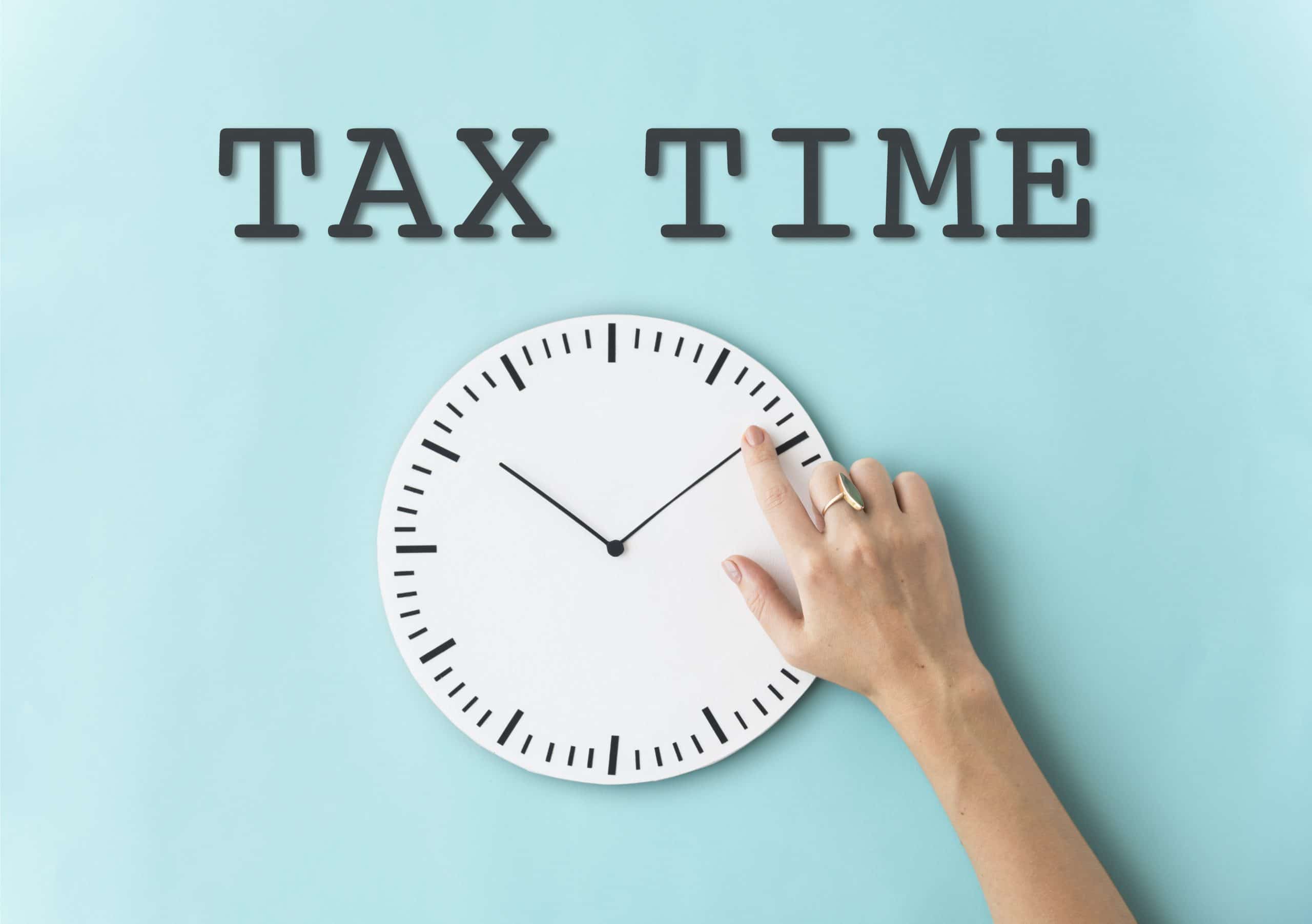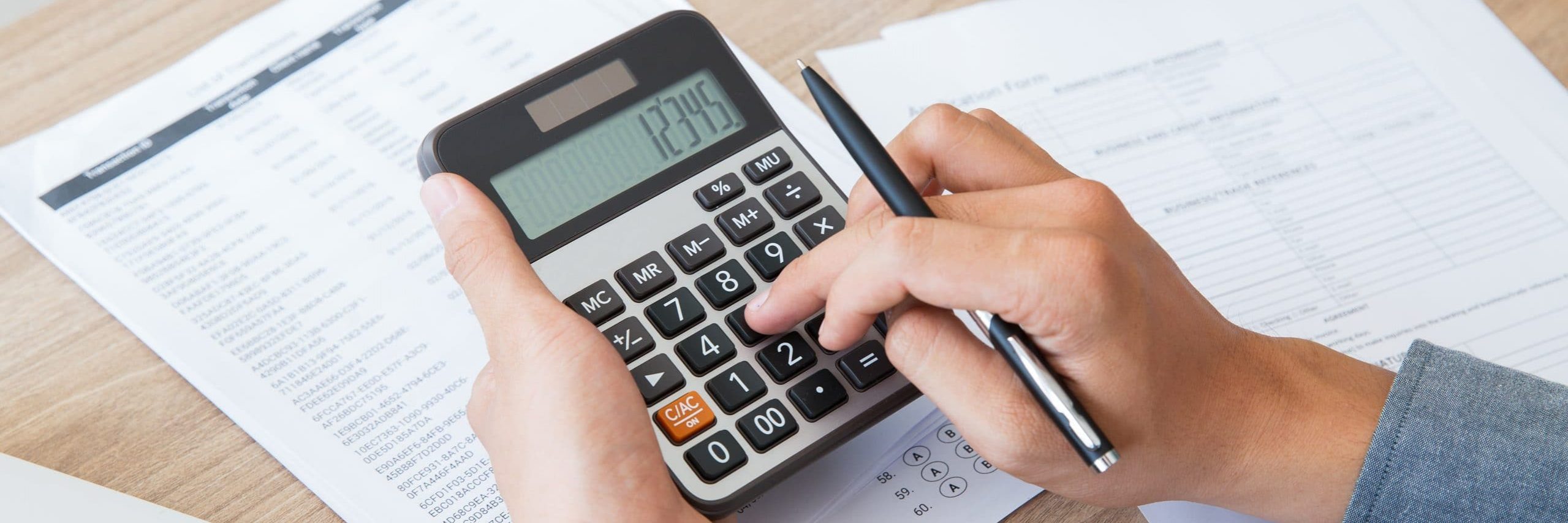The ATO recommends checking tax return guidelines before the final submission. Source: Freepik.
It’s almost that time again and the ATO has recently announced they intend to prioritise several key areas of people’s tax return in an effort to continue “a strong tax system”.
They’ll concentrate on record-keeping, work-related expenses, rental property income and deductions as well as capital gains from crypto assets, property, and shares. According to Assistant Commissioner Tim Loh these are areas in which “we see people making mistakes”.
His advice is to follow the “three golden rules” when it comes to claims.
It’s expected people spent the money themselves and weren’t reimbursed, followed by having record of the claim to prove it. Lastly if it’s for a “mix of income producing and private use”, only the amount that comes from the producing income can be claimed.
He strongly suggested that record-keeping was the key to a “smoother tax time” but warned that if people try to falsify their documents or claims, that hefty action will be taken against people who are “gaining an unfair advantage” over others. For most people, their tax return will already be pre-filled.

Something that’s growing on the tax time agenda is crypto.
“Through our data collection processes, we know that many Aussies are buying, selling or exchanging digital coins and assets so it’s important people understand what this means for their tax obligations,” said Mr Loh.
The ATO says that you should calculate a capital gain or loss for any crypto assets, that includes NFTs as well, and lodge it as a part of your return. Penalties can be serious if a tax return is found to be fraudulent.
A serious case of tax fraud can send someone to jail for up to 10 years while substantial fines can amass to more than $33,000. However, this is in the most serious of situations.





